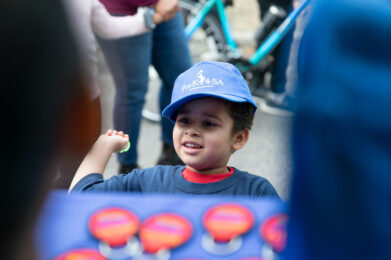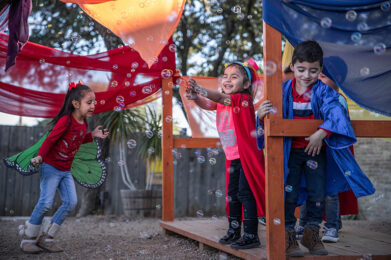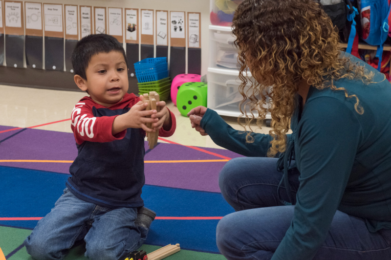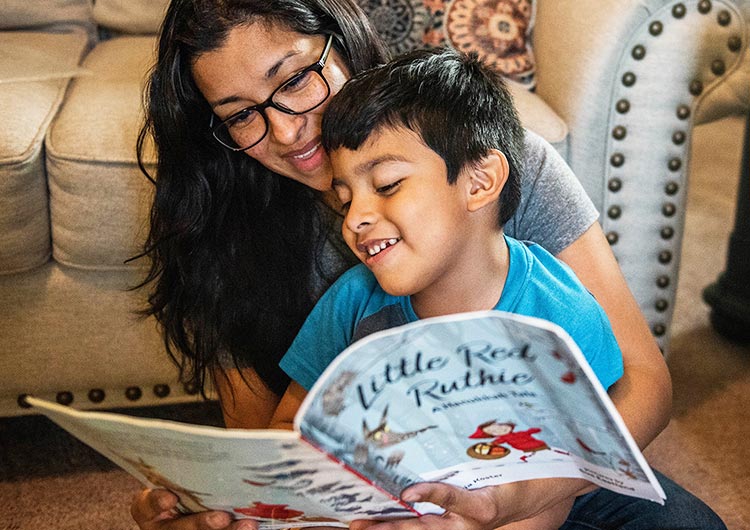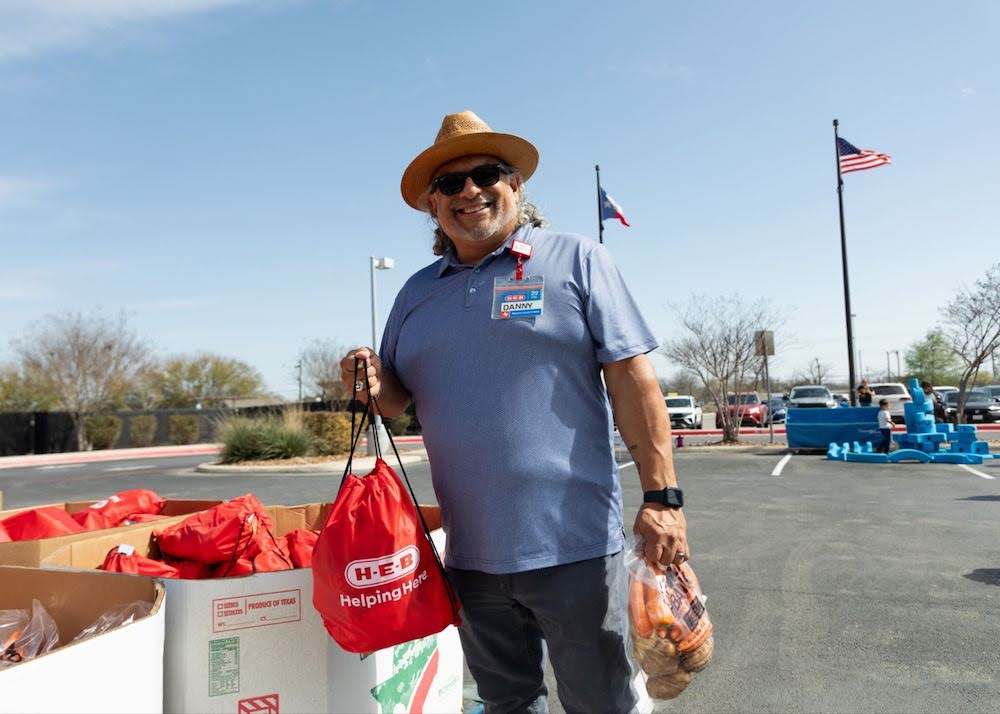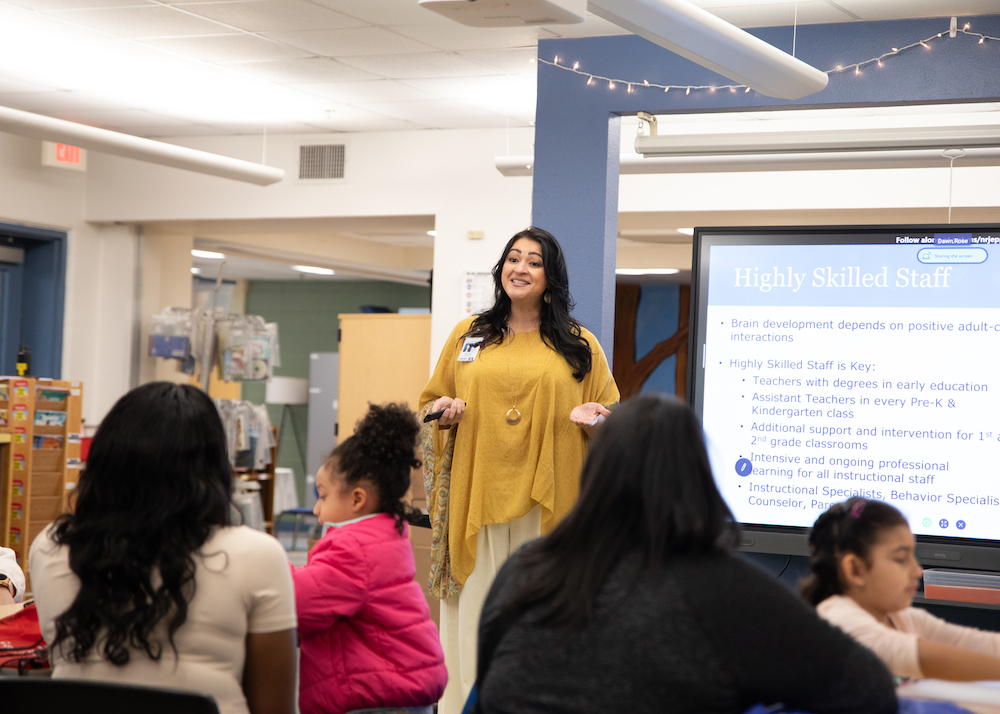Families across San Antonio and the country are dealing with significant changes to their daily lives due to COVID-19. Change almost always triggers some amount of stress and when there is a high level of uncertainty involved, our anxiety also tends to rise. This is a normal reaction that pushes us to plan and be prepared for the unexpected, but it can also take a toll on us. It is essential for our well-being to acknowledge our feelings—anxiety about the uncertainty and sadness for the loss of the way things used to be.
Just like adults, children are experiencing stress and feelings of worry due to the changes in their lives and daily routines. Adults can be most helpful by acknowledging those feelings and allowing their children to give voice to them. Just as important, adults can allow their children to participate in the plan to deal with these very real feelings. As caregivers, we feel a natural responsibility to bear the burden of any hardships for our children. We may respond to worry, fear and concern with comments such as, “It’s ok, you don’t have to worry,” or, “Mama is here. You don’t need to be scared.” It’s a gentle and nurturing form of reassurance. If we make the effort to change that a tiny bit to something such as, “I can tell you’re scared,” or “You’re worried and I know that doesn’t feel good. Mama and Daddy are here with you,” we are communicating to our children that we will protect them but that we also hear them. We are actively acknowledging their feelings. This is beneficial in communication with anyone at any age.
It’s important to remember that pre-school children are still learning to label and express their feelings and, more often than not, it’s changes in behavior that let us know when our children are having strong or distressing feelings. Once children’s feelings are acknowledged, an effective way to help resolve their uncomfortable feelings is to get them involved in the solution to help them feel better. We can do this by allowing children to share their ideas and then discuss them until a plan is decided. Guidance on how to best support children through this period of COVID-19 was developed by the National Association of School Psychologists and is available on its website. Some key recommendations include:
- Balance truthful information with reassurance according to your child’s age. It is important to answer his or her questions in an age-appropriate manner.
- Try to maintain a daily routine.
- Keep children engaged in learning. For pre-school children, remember that learning develops through play.
- Try to include family activities in your day. Something as simple as going for a short walk together has multiple benefits.
- Stay safely connected with family and friends through phone calls and video chats.
- Limit the amount of news programming you watch in front of young children. With older children and adolescents, share accurate information and dispel rumors.
A wonderful book parents and children can listen to together is A Feel Better Book for Little Worriers, by Holly Brochmann and Leah Bowen. It is available through Magination Press, the children’s book imprint of the American Psychological Association. It can be found at: https://www.maginationpressfamily.org/stress-anxiety-in-kids/magination-press-storytime-a-feel-better-book-for-little-worriers/
If you notice significant regression or concerning changes in your child’s behavior, please reach out to his or her teacher, counselor or a mental health professional. At Pre-K 4 SA, we can connect you with your Educational Center’s behavior specialist or family specialist. Remember that children will learn their responses from watching you. Take time for your own self-care and go easy on yourself. Reach out to us when you need or just to say hello. Together we will get through this difficult time.
Written by: Maria Bayoumi, Pre-K 4 SA’s licensed specialist in school psychology
